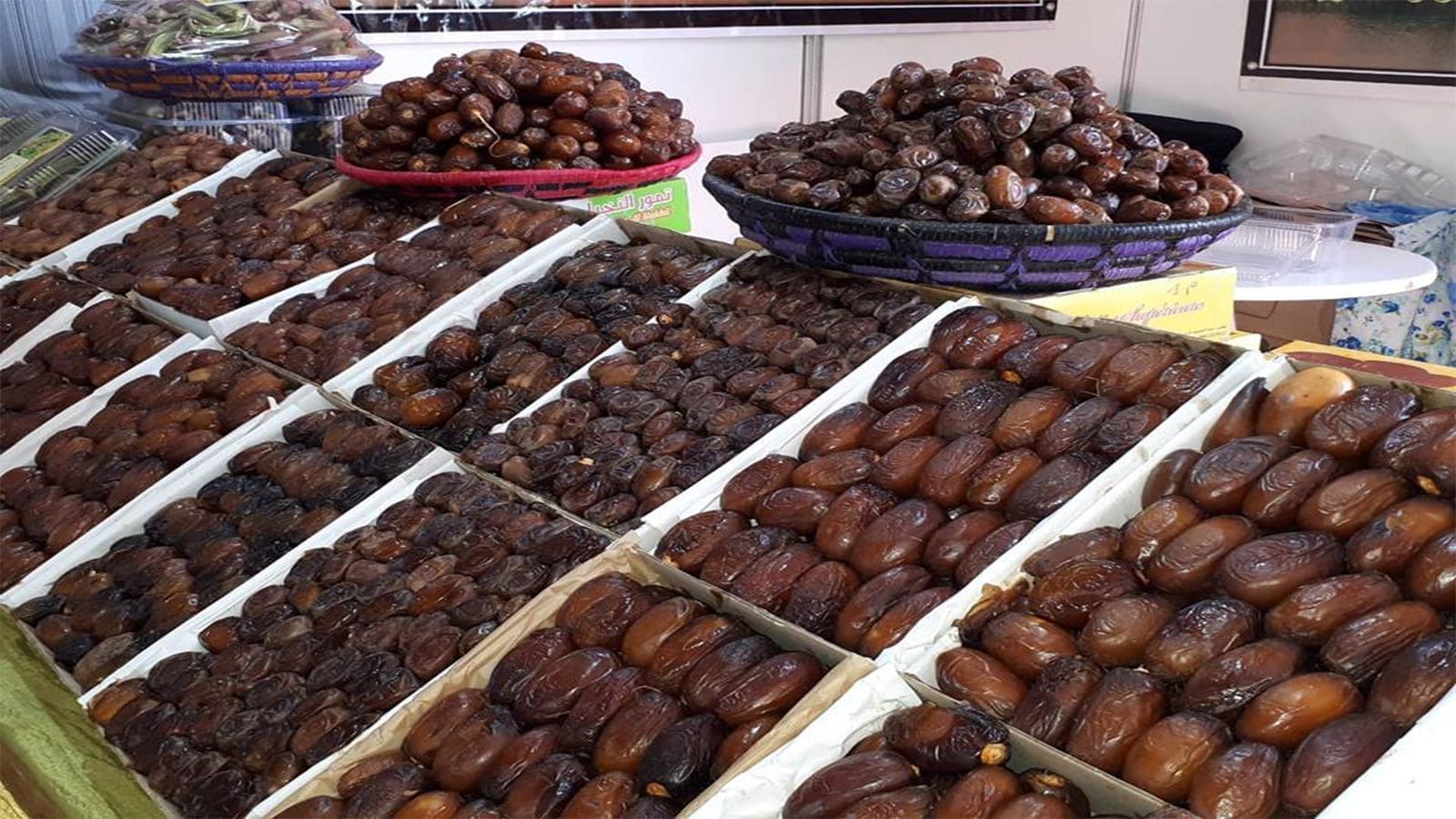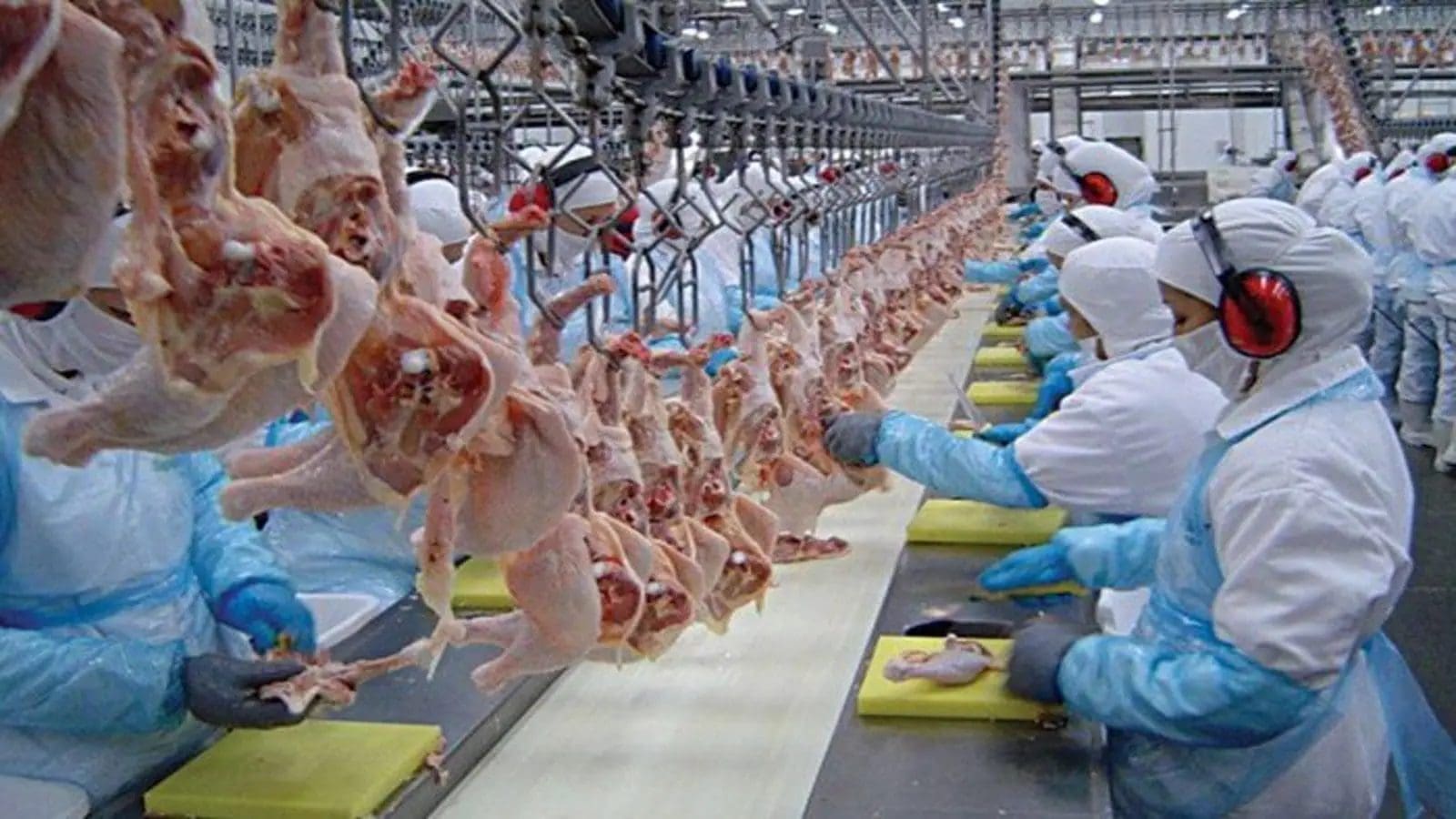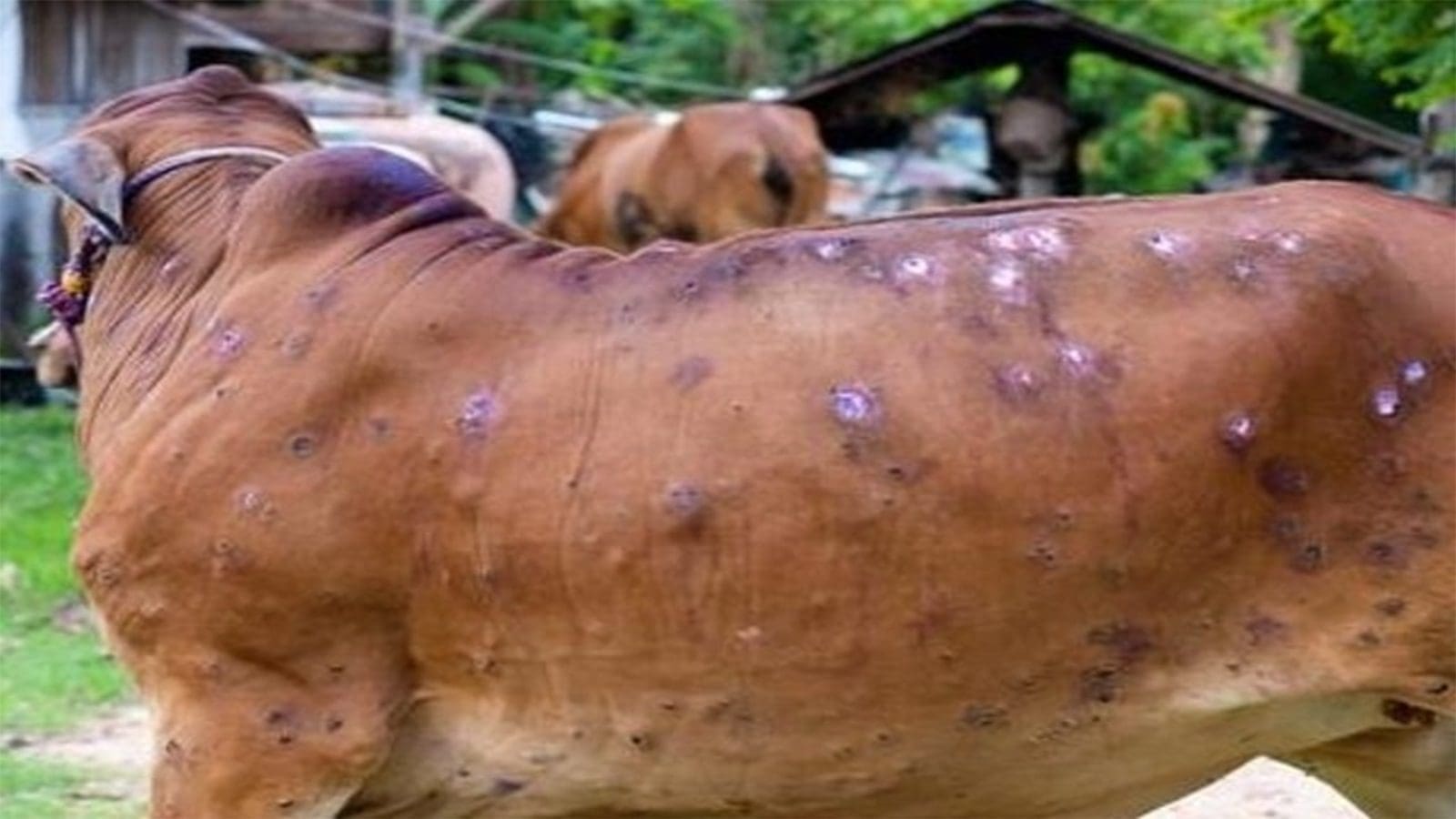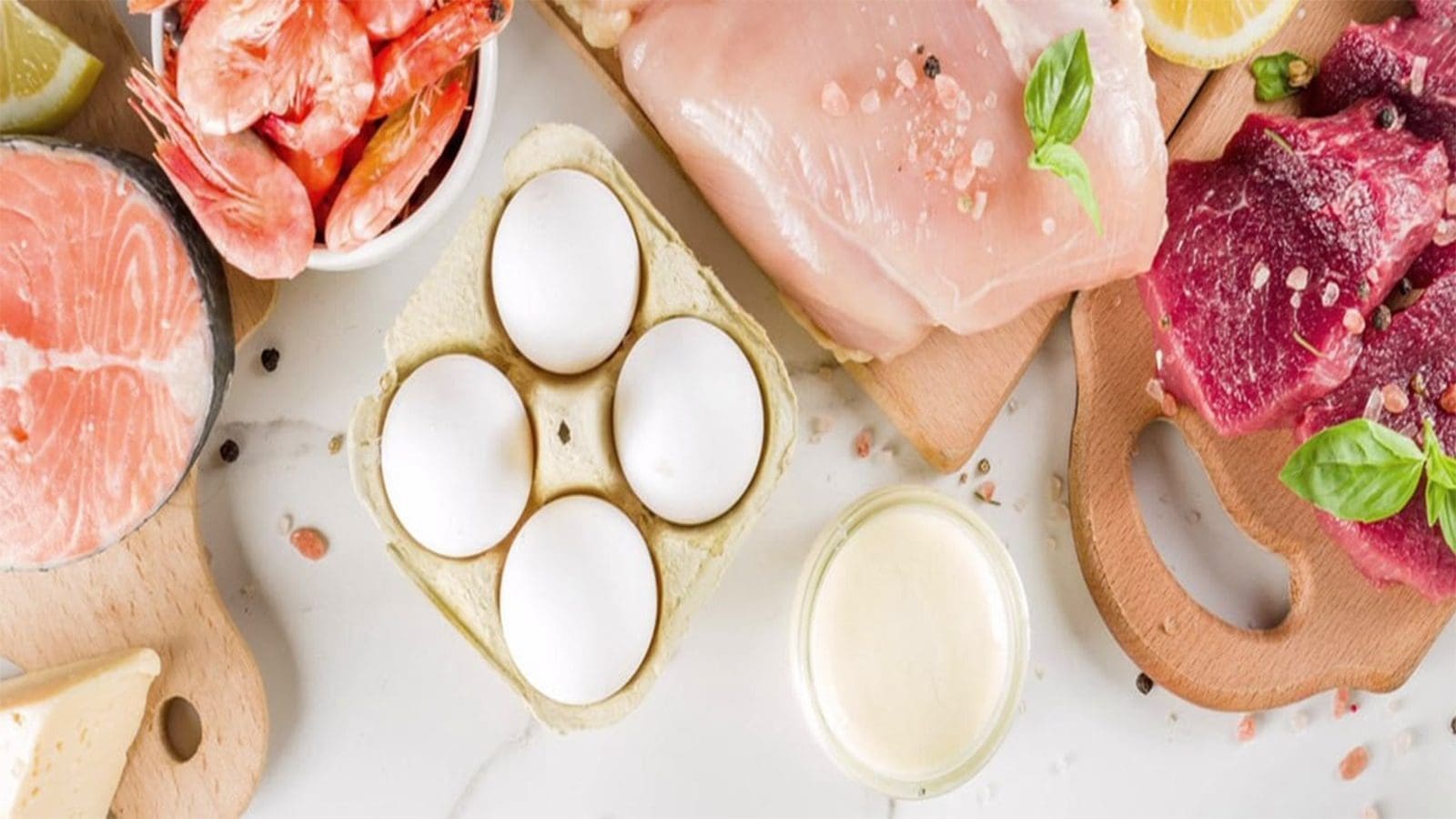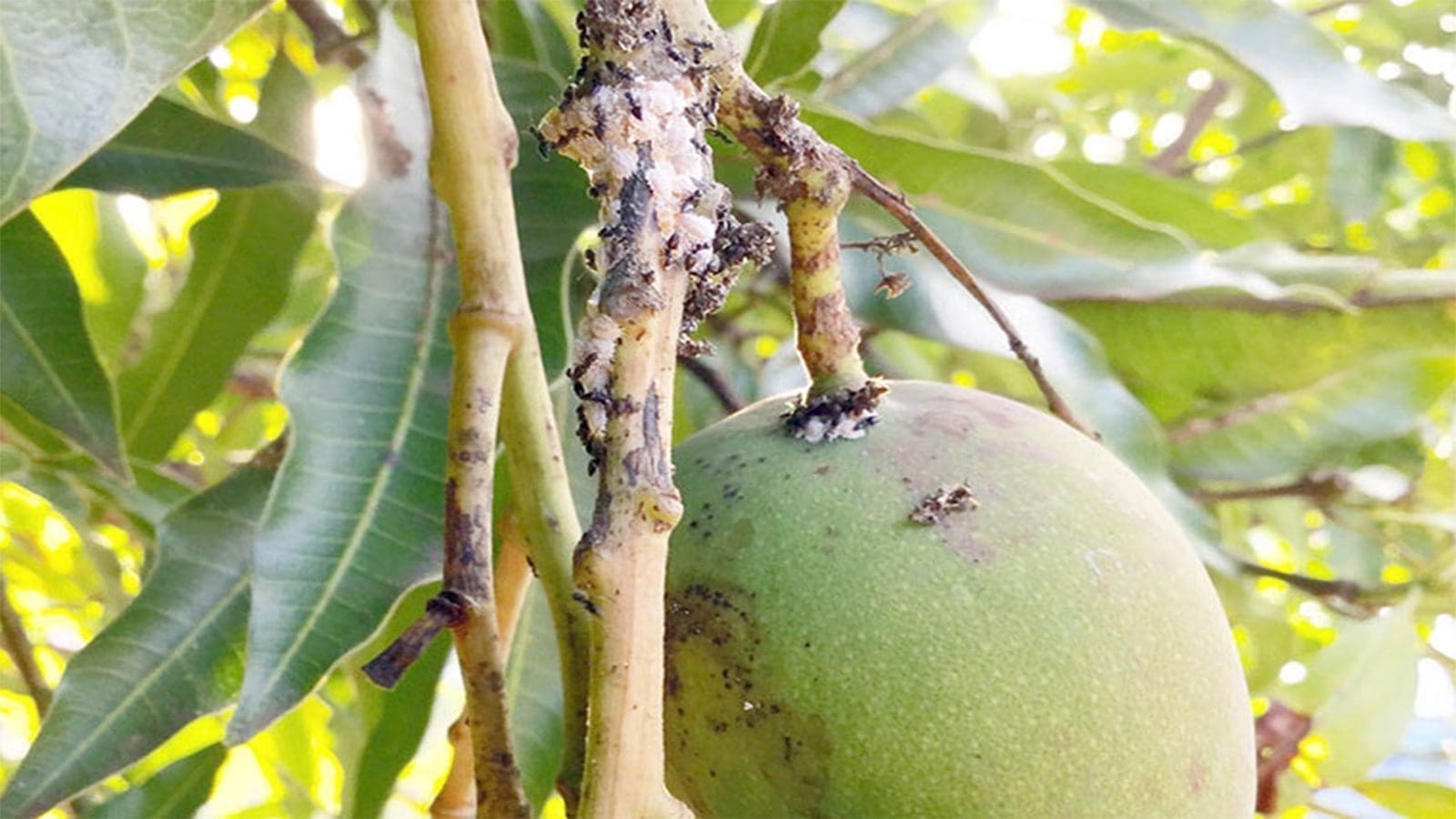MOROCCO – Morocco’s National Office for Food Safety (ONSSA) has released a set of guidelines to help people buy dates that are safe for consumption throughout Ramadan.
In a post on their Instagram page ONSSA gave advice for people to follow when purchasing the fruit to ensure that they are safe to eat and not spoiled.
ONSSA stated that dates must be ripe, be of the same type, and are what they say on the packet. They must not have any unpleasant smell or taste and they should not contain any insects, live parasites, eggs, and larvae.
In addition, good-quality dates should not have visible traces of insects or parasite damage, including their residues or excrements. Dates should also not show signs of fermentation or unusual external moisture, which is a sign of microbial spoilage and growth of yeasts and bacteria.
These guidelines will come in handy for Moroccans, especially since Muslims’ consumption of dates increases during the month of Ramadan.
Most Muslims break their fast with dates, a tradition that dates back to the time of Prophet Mohammed. For this reason, dates became a mainstay at Ramadan tables.
Dates are a rich source of fiber, potassium, and calcium. They are also high in carbohydrates, which gives worshipers a lot of energy throughout the long days of fast.
Following last week’s government council, the Spokesperson of the Moroccan government Mustapha Baitas said in a press statement that Morocco closely monitors all imported dates to ensure their quality, as well as verify their accompanying documents.
He informed that the country takes samples of imported dates for laboratory testing, noting that last year, the ONSSA monitored 112,000 tons of imported dates, allowing only 1,949 tons to enter the Moroccan markets due to not respecting health regulations.
Baitas’s statement came to reassure Moroccans about the quality of dates in the Moroccan market, following the launch of a campaign calling for boycotting spoiled Algerian dates weeks before Ramadan.
Moroccans took to Twitter, describing Algerian dates as “spoiled,” causing cancer because they have been “exposed to nuclear contamination.” This is due to their cultivation near the Algerian Sahara, where France conducted nuclear testing in the 1960s during its colonization of the North African nation.
The campaign caused uproar among Algerians, who are attempting to defend their dates products, claiming that their “dates are exported to most countries of the world and sold in most global markets.”
Morocco’s most commonly consumed dates are Medjoul dates, Algerian Stuffed dates, and Halawi dates. The Medjool date is a soft, sweet date with a velvety flavor. It is one of the finest in the world because of its fragility and was fed only to the kings and Sultans in medieval times
Liked this article? Subscribe to Food Safety Africa News, our regular email newsletters with the latest news insights from Africa and the World’s food safety, quality and compliance. SUBSCRIBE HERE


